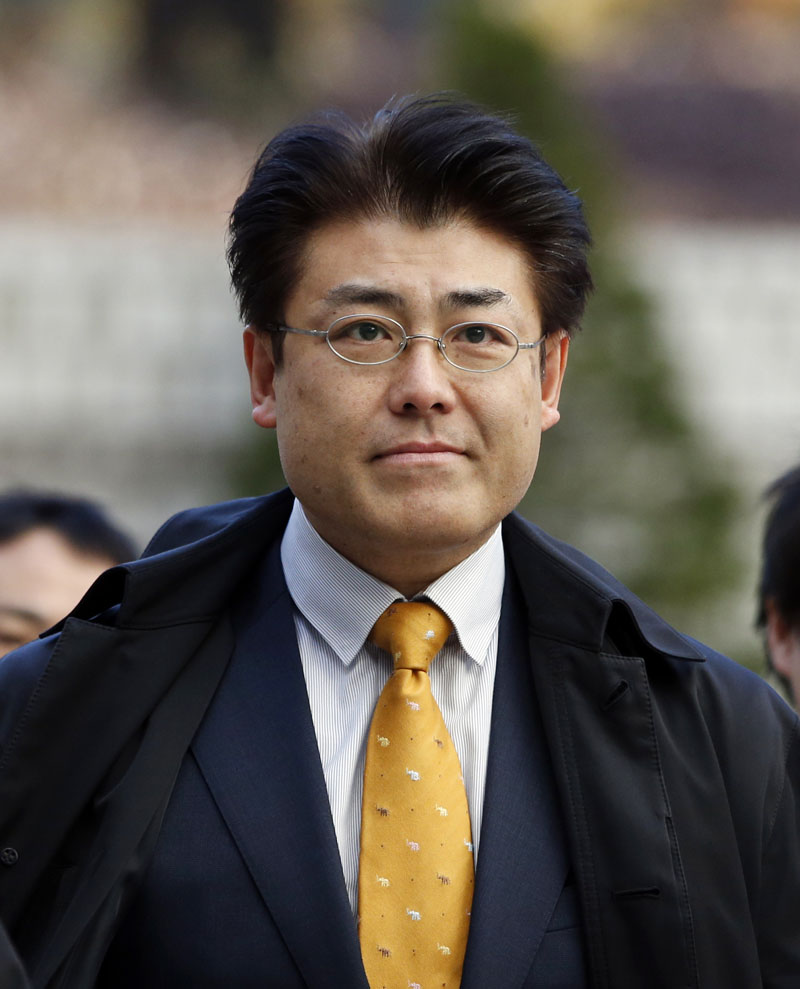Seoul court acquits Japanese reporter of defamation
SEOUL: A Seoul court on Thursday acquitted a Japanese reporter of defaming South Korea's president by reporting that she was spending time with a man during a deadly ferry disaster last year.
The ruling by the Seoul Central District Court comes as President Park Geun-hye faces criticism that she has clamped down on journalists. The case has been seen as a test of free speech as opponents say government attacks on personal and political liberties are growing.
Prosecutors last year indicted Tatsuya Kato of Japan's conservative Sankei Shimbun newspaper over an article that listed rumors that Park was absent for seven hours during the disaster that killed more than 300 people, mostly teenagers. Prosecutors, who previously requested an 18-month prison term, have one week to appeal the ruling.
Kato's lawyer said the reporter's story serves the public's interest. Kato was expected to address reporters later Thursday.
South Korea's Foreign Ministry said earlier Thursday that it had asked the Justice Ministry to consider Japan's request for leniency on Kato.
Park's government came under massive public criticism for its botched rescue operation during the ferry disaster. South Korean media have also questioned whether Park was unaccounted for on the day of the sinking in April 2014.
The headline of Kato's report, which cited financial industry rumours, parliamentary debates and the leading conservative South Korean newspaper Chosun Ilbo, said: "President Park Geun-hye was missing on the day the passenger ship sank. Who was she meeting?" The article repeated rumors in South Korean media and the financial industry "about a relationship between the president and a man" said to be married at the time.
Park's office has said she wasn't with the man in question, a former adviser.
Kato's case was watched by many in South Korea and Japan as the Asian neighbors struggle to mend ties frayed over historical and territorial issues.
Many South Koreans still resent Japan's harsh colonial rule of the Korean Peninsula from 1910 to 1945. Ties between the countries have worsened since the 2012 inauguration of hawkish Japanese Prime Minister Shinzo Abe, who many South Koreans see as trying to whitewash Japan's colonial and wartime abuses.
Kato's paper, the Sankei Shimbun, is reviled by some South Koreans for its right-leaning editorial stance.
More generally, there is growing dissatisfaction with Park in South Korea, although she still has a strong base of loyal, conservative supporters. Hundreds plan to march Saturday in Seoul against her, the latest in a series of mass protests against the government in recent months.
Demonstrators have a diverse set of grievances against Park, including her conservative policies in labor, trade and education.






